Friend or foe: can the West rely on Lula’s support in Ukraine?
Brazilian president causes consternation among Kyiv’s Western allies by suggesting the war in Ukraine was not solely down to Russia
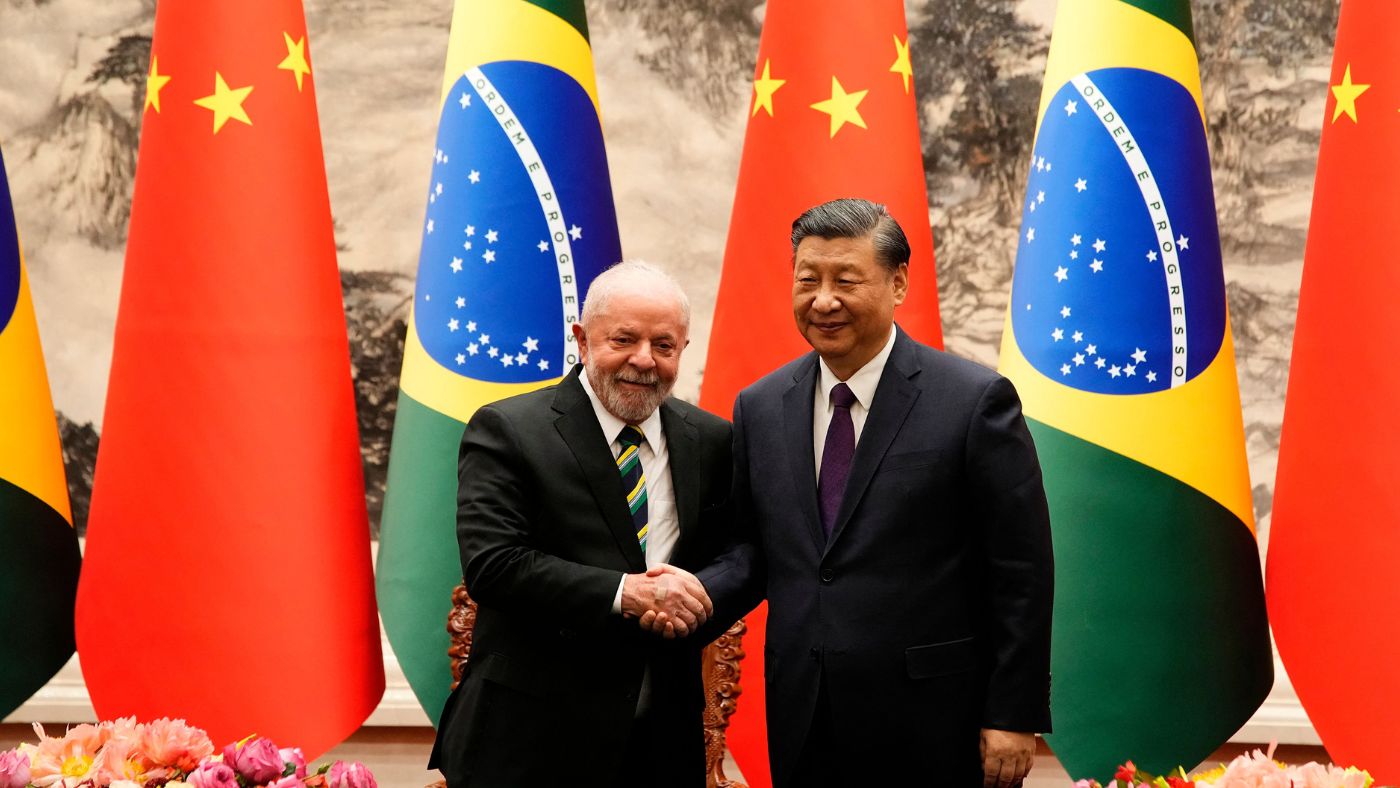
A free daily email with the biggest news stories of the day – and the best features from TheWeek.com
You are now subscribed
Your newsletter sign-up was successful
A Ukrainian official has invited Luiz Inácio Lula da Silva to visit Ukraine to understand the real causes of the country’s war with Russia, after the Brazilian president made remarks that suggested the war was not solely caused by Russian aggression.
During a visit to China last week, Lula caused consternation among Kyiv’s Western allies by urging the United States to “stop encouraging” the war in Ukraine.
The Ukrainian foreign ministry spokesperson yesterday emphasised that the causes of the war were clearer than the Brazilian leader has repeatedly intimated, and were a direct consequence of Russian hostility.
The Week
Escape your echo chamber. Get the facts behind the news, plus analysis from multiple perspectives.

Sign up for The Week's Free Newsletters
From our morning news briefing to a weekly Good News Newsletter, get the best of The Week delivered directly to your inbox.
From our morning news briefing to a weekly Good News Newsletter, get the best of The Week delivered directly to your inbox.
“The approach that puts the victim and the aggressor on the same scale and accuses countries that help Ukraine defend itself against deadly aggression of encouraging war is not in line with the real state of affairs,” said Oleg Nikolenko, spokesperson for the Ukrainian foreign ministry.
“The war of aggression is being waged on Ukrainian soil and is causing untold suffering and destruction,” he added.
What did the papers say?
During his state visit to Beijing last week, Lula said that the US and the EU should “start talking about peace”, rather than continuing to support the war in Ukraine.
This, the Brazilian president said, would help “convince Putin and Zelenskyy that peace is in the interest of everyone and that war is only interesting, for now, to the two of them”, according to CNN.
A free daily email with the biggest news stories of the day – and the best features from TheWeek.com
Lula’s comments are “the latest in a series of remarks” made by Brazil’s president that have caused concern in the West, said Politico.
In January, during a visit from German Chancellor Olaf Scholz, Lula said Kyiv and Moscow were both responsible for the war, and its causes were murkier than the Western narrative. “Is it because of Nato? Is it because of territorial claims?” Lula asked. “Is it because of entry into Europe? The world has little information about that.”
Lula’s “anti-Western narrative” may not have been well received in Europe and the US, but it was “well received in Global South countries, which have also been targeted by the Kremlin’s disinformation tactics”, Politico said.
It was equally warmly received in Moscow, said The Spectator, where “the remarks were appreciated by Russian foreign minister Sergei Lavrov”, who arrived in Brazil this week for trade talks.
Lavrov told reporters that Moscow was “grateful to our Brazilian friends for their clear understanding of the genesis of the situation.”
What next?
Brazil has so far refused to join Western countries in imposing sanctions on Russia and has repeatedly refused to supply ammunition to Ukraine.
Ukraine and its allies believe calls by Brazil to hold peace talks are disingenuous, because an immediate ceasefire would simply allow Russia to hold on to territory that it had illegally obtained through force.
Western leaders might come to “regret celebrating Lula’s Brazilian victory”, said The Spectator. However, since facing a torrent of criticism for his analysis of the causes of the Ukraine war, this week the Brazilian president softened his stance somewhat.
In a speech following his meeting with Romanian President Klaus Iohannis yesterday, Lula denounced the “violation of Ukraine’s territorial integrity”. However, the left-wing leader “did double down” on his call for mediation in the conflict, Al Jazeera said.
On Monday, Lula’s foreign policy adviser Celso Amorim told the news outlet Globo that the Brazilian president never meant to “offend” anyone.
“Brazil defends the territorial integrity of Ukraine,” Amorim explained. However, he reiterated calls for peace negotiations to be held: “As long as there are no talks, the ideal peace for the Ukrainians and the Russians will not happen. There must be concessions.”
Brazil’s attitude towards Russia is intimately connected to its desire to forge closer links to China, said Asia Times. And with Chinese leader Xi Jinping “now putting expanding China’s international role at the top of his priorities list”, its interest is having influence across the Global South, including deepening trade relationships with both Brazil and Russia, the Hong Kong-based newspaper said.
This is not to say that Brazil is going to immediately fall under China’s spell, said analyst Anna Ashton at the risk consultancy firm Eurasia Group: “Lula’s interest in closer relations with China is not an indicator of diminished interest in relations with the US and Western allies”.
However, Ashton added, the connection with Beijing certainly “introduces greater complexities”.
Arion McNicoll is a freelance writer at The Week Digital and was previously the UK website’s editor. He has also held senior editorial roles at CNN, The Times and The Sunday Times. Along with his writing work, he co-hosts “Today in History with The Retrospectors”, Rethink Audio’s flagship daily podcast, and is a regular panellist (and occasional stand-in host) on “The Week Unwrapped”. He is also a judge for The Publisher Podcast Awards.
-
 Why is the Trump administration talking about ‘Western civilization’?
Why is the Trump administration talking about ‘Western civilization’?Talking Points Rubio says Europe, US bonded by religion and ancestry
-
 Quentin Deranque: a student’s death energizes the French far right
Quentin Deranque: a student’s death energizes the French far rightIN THE SPOTLIGHT Reactions to the violent killing of an ultraconservative activist offer a glimpse at the culture wars roiling France ahead of next year’s elections
-
 Secured vs. unsecured loans: how do they differ and which is better?
Secured vs. unsecured loans: how do they differ and which is better?the explainer They are distinguished by the level of risk and the inclusion of collateral
-
 'Dead' woman nearly suffocated in morgue bag
'Dead' woman nearly suffocated in morgue bagTall Tales And other stories from the stranger side of life
-
 Luton Airport bendy buses join Ukraine war effort
Luton Airport bendy buses join Ukraine war effortfeature And other stories from the stranger side of life
-
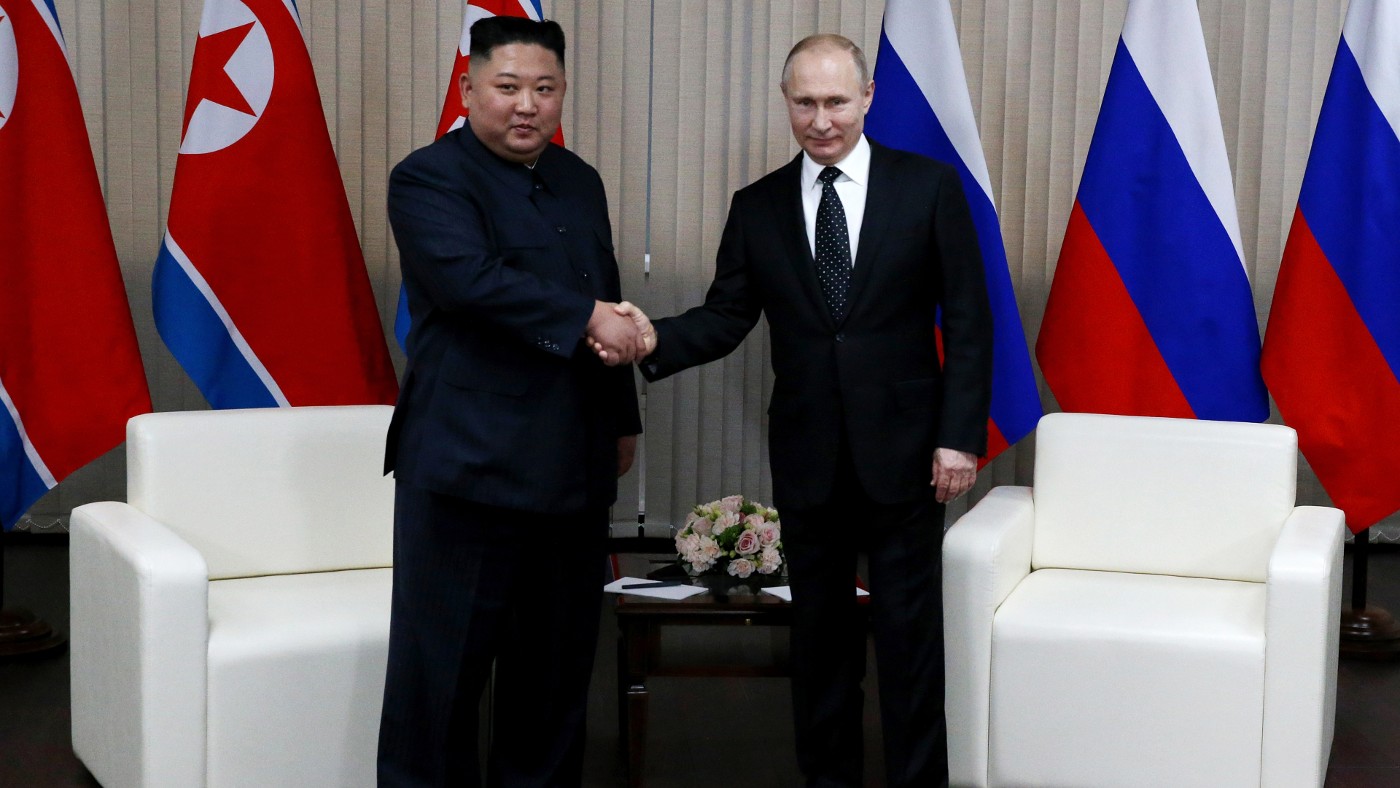 Would North Korean weapons tilt the war Russia’s way?
Would North Korean weapons tilt the war Russia’s way?Today's Big Question Putin wants to boost ‘depleted stocks’ but Pyongyang’s arms may be in poor condition
-
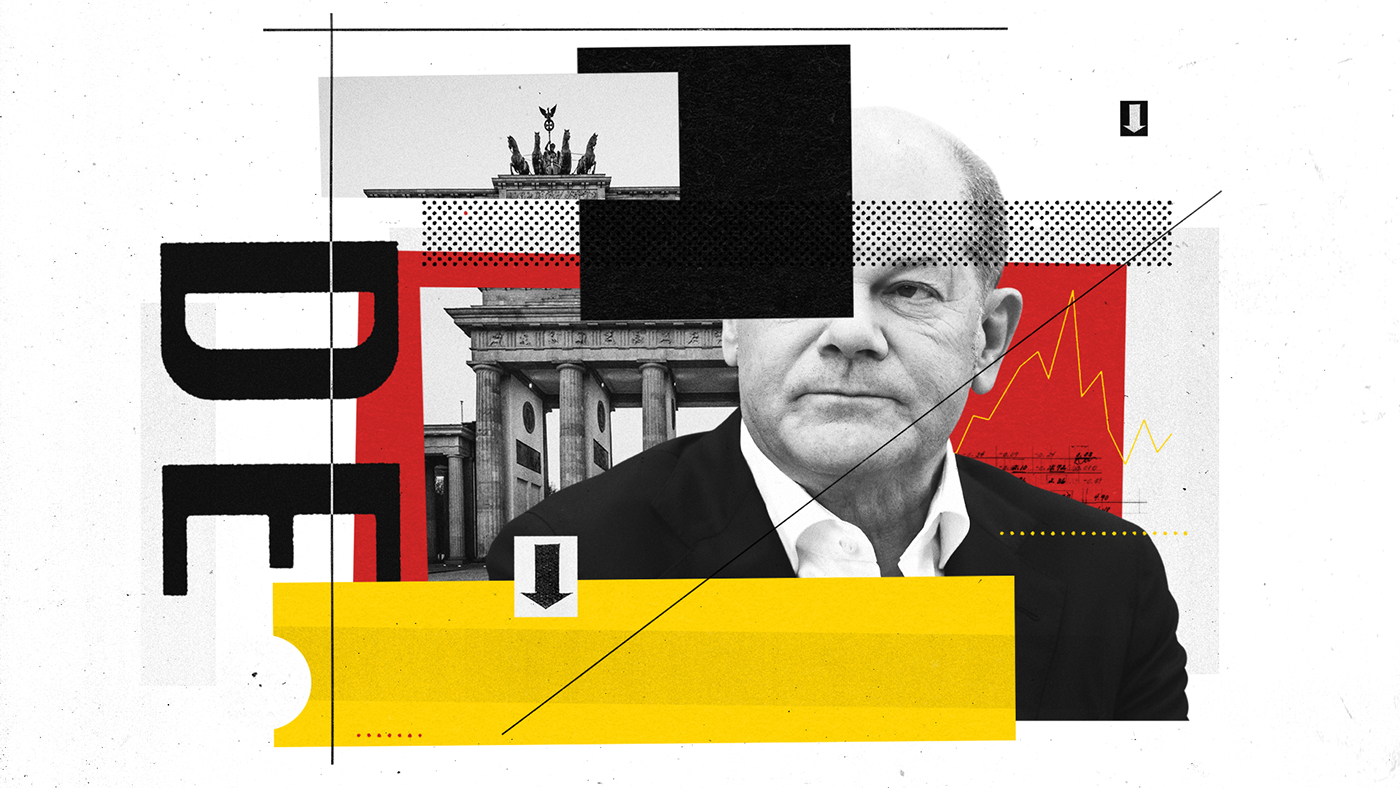 What went wrong with the German economy?
What went wrong with the German economy?Today's Big Question ‘Deep-rooted’ and ‘knotty’ problems threaten return of ‘sick man’ label
-
 Why are so many local councils on the brink of bankruptcy?
Why are so many local councils on the brink of bankruptcy?Today's Big Question Inflation, underfunding and growing demand for services has put pressure on local authorities at the worst time
-
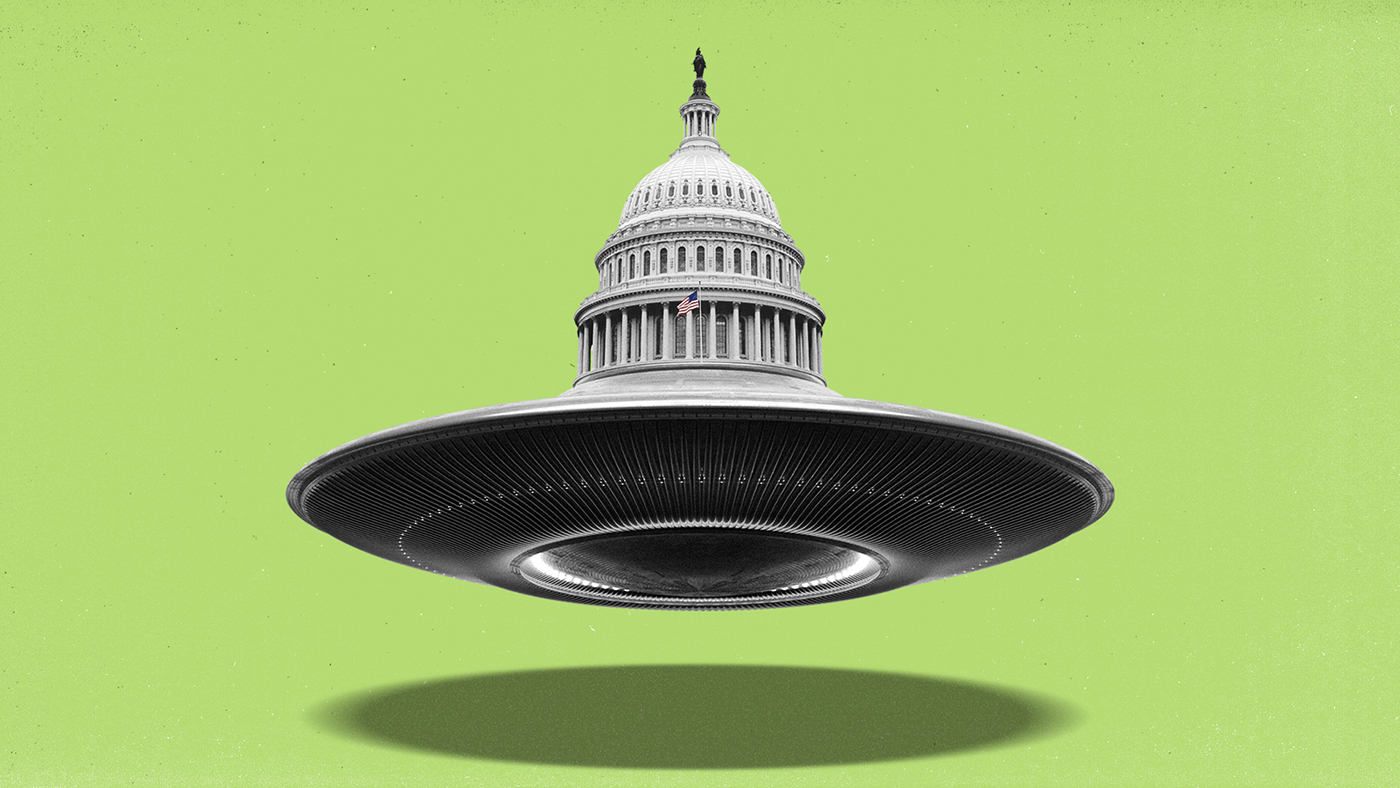 UFO hearing: why is Washington suddenly embracing aliens?
UFO hearing: why is Washington suddenly embracing aliens?Today's Big Question Speculation of extraterrestrial life has moved from ‘conspiracy fringe’ to Congress
-
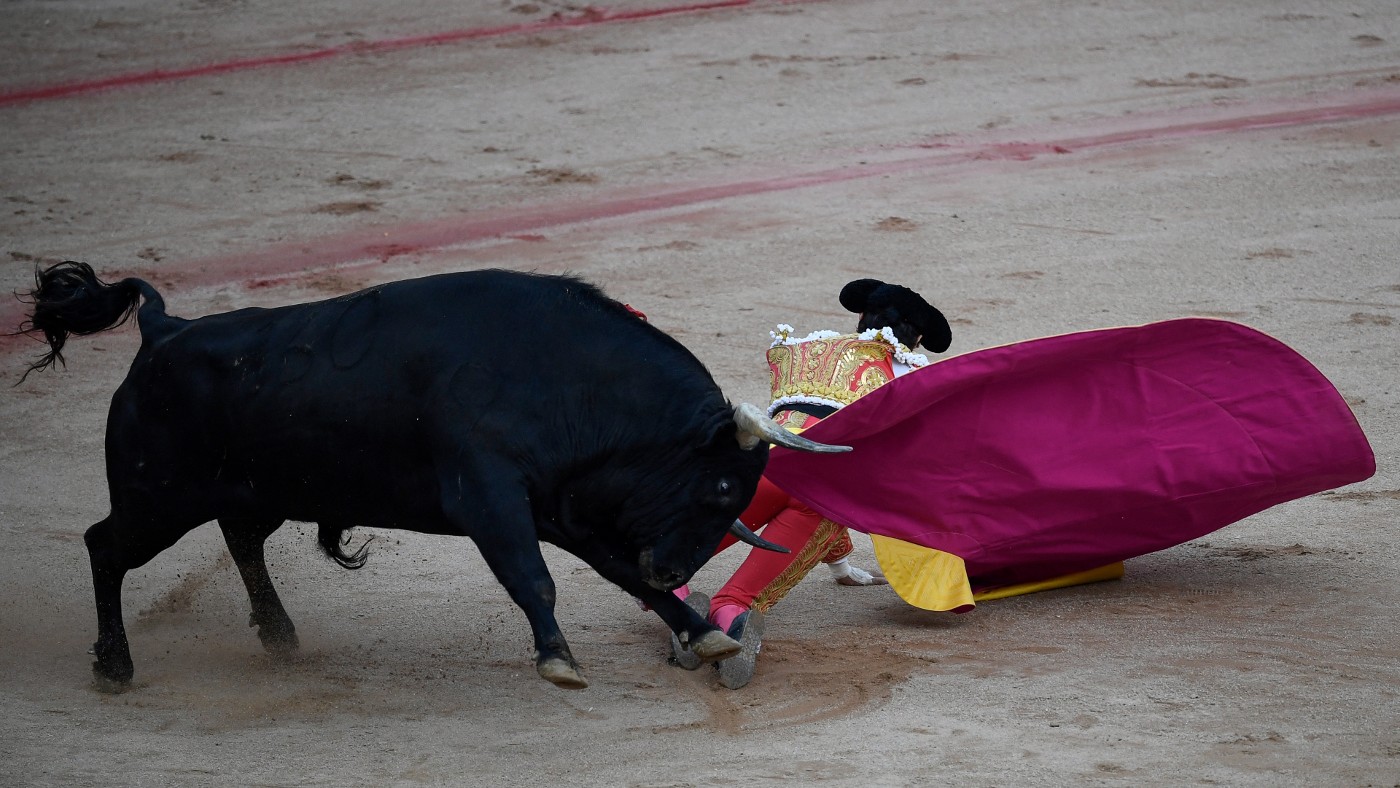 Bull gores the ‘Messi of matadors’
Bull gores the ‘Messi of matadors’feature And other stories from the stranger side of life
-
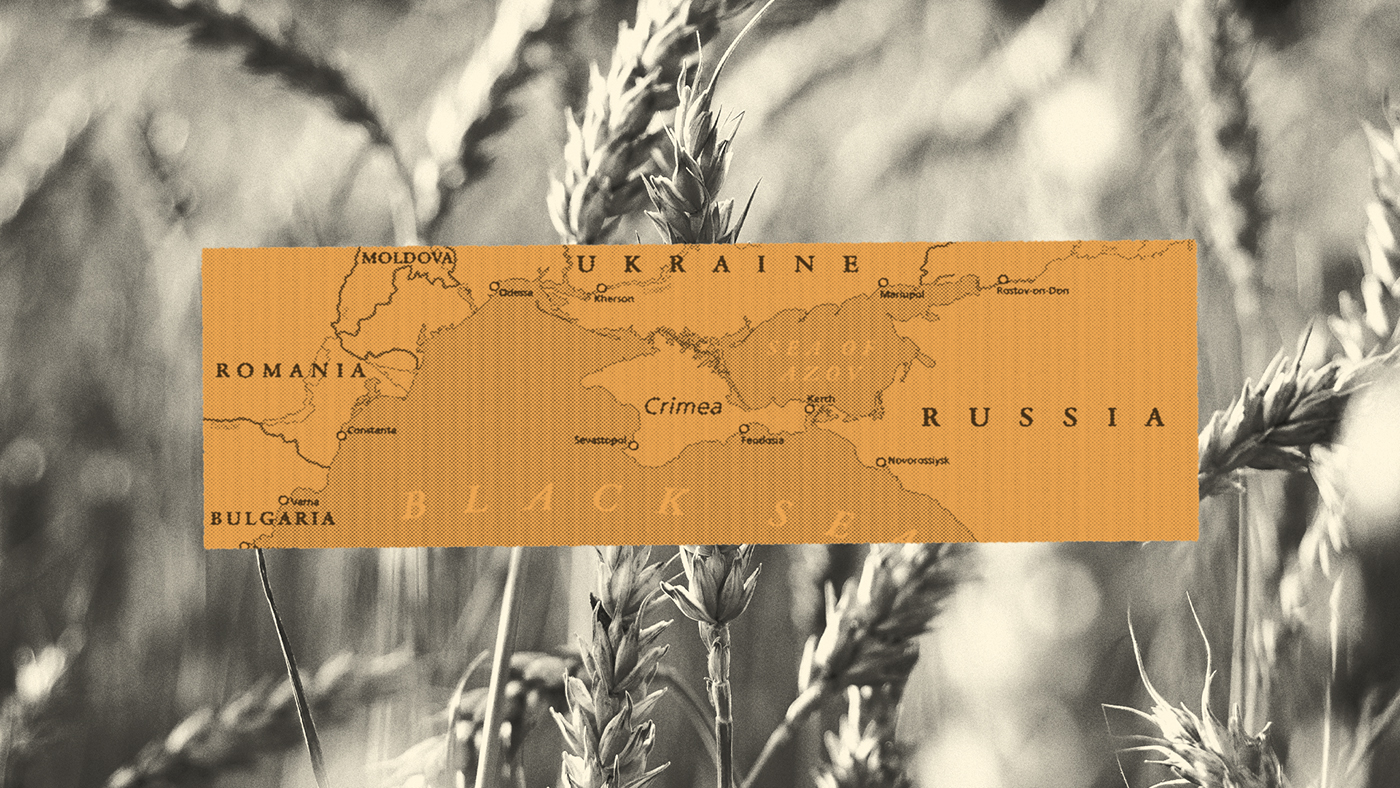 Can the Ukraine-Russia Black Sea grain deal be rescued?
Can the Ukraine-Russia Black Sea grain deal be rescued?Today's Big Question The Kremlin’s termination of agreement has sparked fears among food-insecure countries